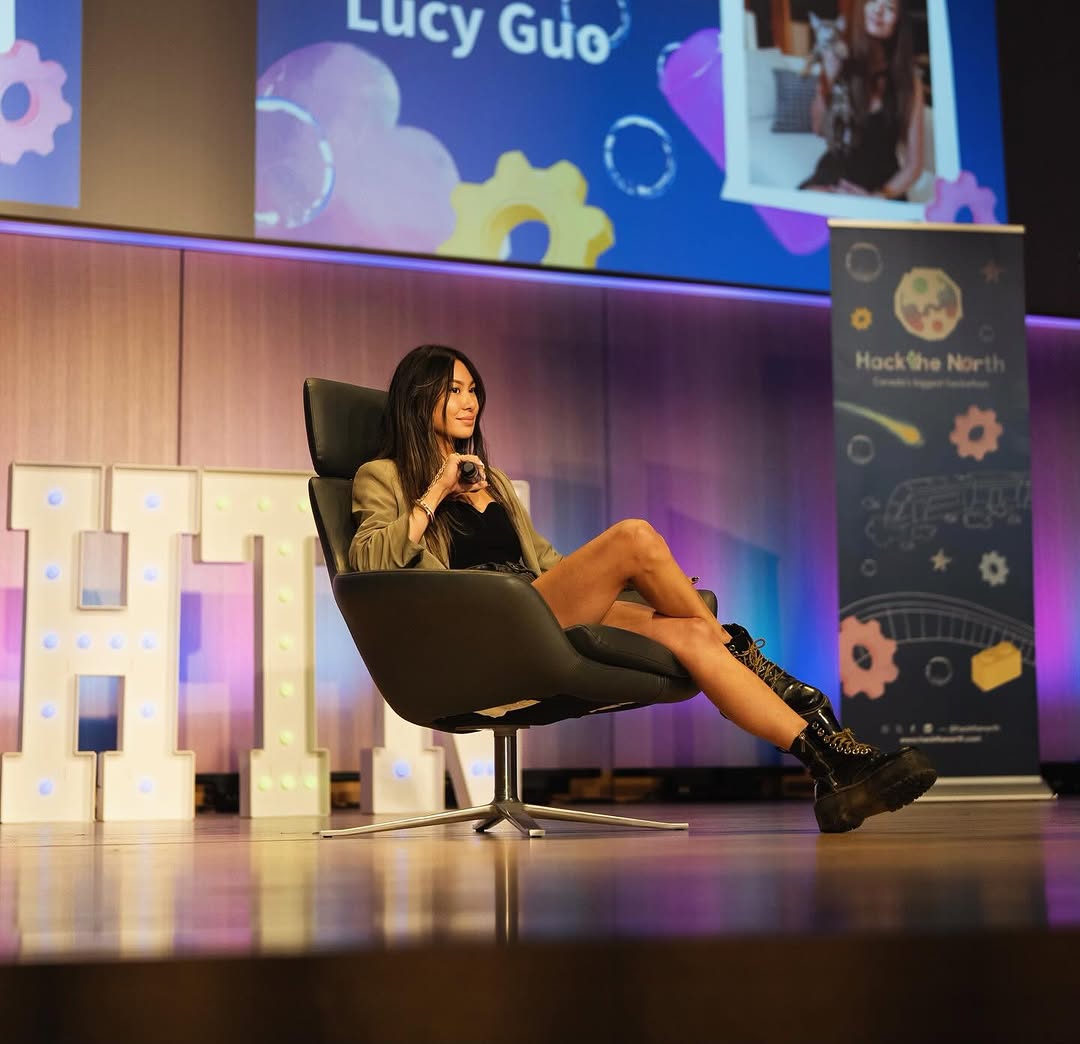Unlocking the Power Behind AI: What Scale AI Actually Does
Scale AI, founded in 2016 by Alexandr Wang and Lucy Guo, has quietly become a linchpin of the global AI infrastructure. Based in San Francisco, the company offers the critical foundation for artificial intelligence: high-quality, annotated training data. Every algorithm—from predictive analytics to autonomous vehicles—needs labeled data to learn how to interpret images, text, audio, and more. Scale provides these annotations at scale, combining advanced automation tools with meticulous human-in-the-loop review to deliver accuracy, volume, and speed.
Engines of Annotation: Automation and Human Expertise
Scale’s core product, the Scale Data Engine, manages the end-to-end process of sourcing, labeling, curating, and evaluating data. It uses a hybrid model: automated systems handle bulk labeling, while specialized teams refine outputs, ensuring quality across domains like computer vision, natural language processing (NLP), 3D models, video, audio, and LiDAR.
With subsidiaries like Remotasks and Outlier.ai, Scale taps into a global workforce—estimated in the hundreds of thousands in emerging markets—to manage large-scale projects. This approach allows them to rapidly generate millions of annotated data points daily, crucial for training cutting-edge AI models.

Lucy Guo
From Autonomous Driving to Superintelligence
Scale originally targeted the self-driving car sector, working with companies like Toyota, GM, and Uber to train perception systems using image and sensor data. Over time, their client base expanded to include tech giants such as OpenAI, Microsoft, Meta, and Samsung, increasingly focused on generative AI and large language models . Scale's role now spans areas like reinforcement learning from human feedback (RLHF), model evaluation, and safe AI development—a service suite called the Generative AI Data Engine.
The Meta Investment That Doubled Their Value
On June 12, 2025, Meta announced a $14.3 billion investment in Scale AI for a 49% stake, doubling the startup’s valuation to $29 billion. This agreement not only secures heavy-duty capital but also brings in Scale’s co-founder Alexandr Wang, who will oversee Meta’s “superintelligence” strategy while staying on Scale’s board. In turn, Jason Droege, formerly of Uber Eats, steps in as Scale’s interim CEO.
The deal cements Scale's dominance in data labeling and deepens its commercial collaboration with Meta—though its relationships with other AI clients like OpenAI and Microsoft may now face scrutiny.
How Much Is Scale AI Really Worth?
Scale's valuation has ballooned alongside its expanding scope. After a $1 billion round in May 2024 that valued the company at $14 billion, the Meta investment pushed its worth to $29 billion . Today's valuation reflects more than just labeled data—it's a signal of the growing importance of data infrastructure in the generative AI era. Scale reportedly generated nearly $2 billion in revenue in 2025, drawing from a mix of autonomous vehicle, defense, and enterprise AI contracts.

Alexandr Wang
Why Scale’s Model Matters in AI’s Next Chapter
High-quality training data remains one of the most overlooked yet critical bottlenecks in building scalable AI systems. As competitors like Microsoft with Inflection and Google with Character.ai pursue similar strategies, Scale's leadership in automation, human oversight, global workforce, and safety evaluation gives it a distinct advantage.
Scale is not just providing data—it’s building a pipeline of trust and rigor for AI. Its infrastructure supports safety benchmarks, bias mitigation, and reliability studies, positioning it as a cornerstone of responsible AI deployment.
Founders in Focus: Alexandr Wang and Lucy Guo
Alexandr Wang, who dropped out of MIT, co-founded Scale with classmate Lucy Guo. Under Wang’s leadership, the company rapidly scaled its operations and client base, while Guo played pivotal early roles in product and business development before departing in 2018 .
Wang has not only steered Scale to unicorn status but has become a public voice in AI ethics and policy, testifying before Congress and forging ACE relationships within Washington and Silicon Valley. Today, he is recognized as the world’s youngest self-made AI billionaire, with a net worth of approximately $3.6 billion.
What’s Next for Scale AI
With fresh capital and Wang’s influence now woven into Meta’s AI ecosystem, Scale is set to accelerate its expansion into superintelligence training, defense, healthcare, and global enterprise use cases. As AI models become more sophisticated, demand for finely curated, high-integrity data will only grow. And with increasing regulatory focus on privacy, bias, and transparency, Scale’s Data Engine and evaluation tools may become mandatory infrastructure in every AI deployment.













